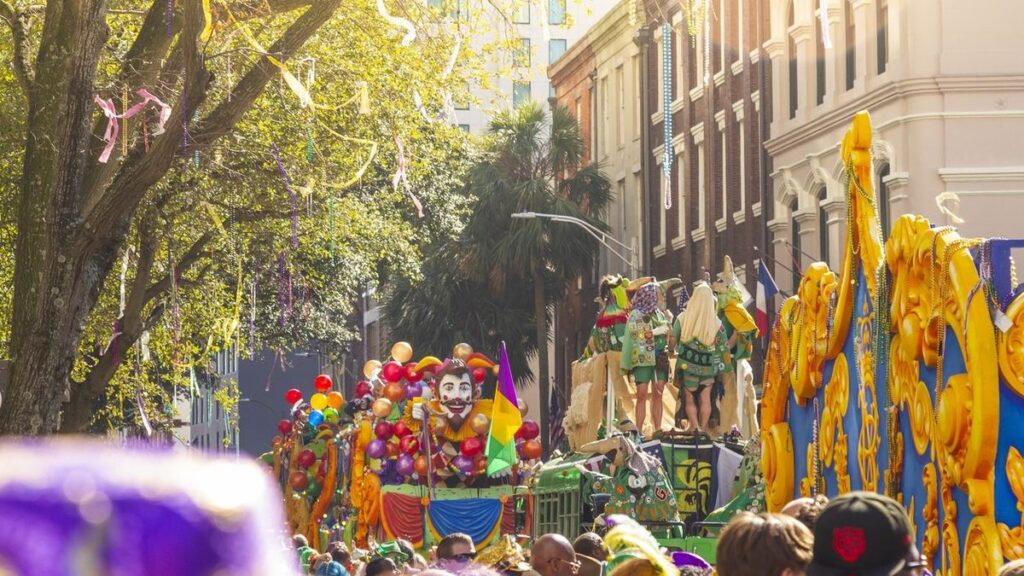Every year, the heart of South Africa hosts a vibrant cultural festival that attracts tourists from all over the world. Events like the Cape Town Jazz Festival, Afrikaburn, Durban July and Johannesburg Wine Festival are more than just celebrations. They are windows into the soul of the nation. These festivals offer a unique combination of entertainment, cultural experiences and a glimpse into South Africa's rich heritage. But beneath the surface of these eclectic gatherings lies untapped economic potential, a vein of gold waiting to be mined.
A cultural spectacle with economic power
Known as “Africa's Biggest Gathering,'' the Cape Town Jazz Festival not only attracts jazz enthusiasts, but also provides a major boost to the local economy by attracting international tourists. Similarly, Afrikaburn, South Africa's version of Burning Man, transforms the Tankwa Karoo into a canvas for creative expression, drawing participants from all walks of life. These festivals, along with the pomp of Durban July and the historic celebrations of Heritage His Day, provide an opportunity to transform South Africa's cultural spectacle into an economic powerhouse.
However, the economic potential of these events, especially carnival festivals, remains largely untapped. The challenge is to move from being a mere cultural spectacle to an inclusive experience that caters to a variety of tourist groups and budgets. Developing accessible carnival packages that showcase the country's cultural heritage, including festivals, traditional events, local cuisine, and steel band performances, could pave the way for this transformation.
open up a new path
The question, then, is who will drive this economic transformation? Is it the domain of the public sector or the private sector? Or is it a collaborative effort of both? Elevating Carnival and similar festivals to the top of the economy requires new perspectives, voices and innovative strategies. This requires leveraging the wisdom of experienced advisors while embracing new ideas that can accommodate the evolving tastes and preferences of a global audience.
South African festivals such as Grahamstown National Arts Festival, Marula Festival and Cape Town Carnival have long been beacons of cultural expression and unity. These events are not just for fun. They weave the rich fabric of South Africa's diverse heritage into a coherent narrative that resonates with locals and visitors alike. By leveraging this cultural capital, South Africa can position itself as a premier destination for Carnival tourism, combining the vibrancy of the festival with tangible economic benefits.
call to action
As South Africa stands on the brink of this economic transformation, calls for action are growing louder. This is a call to concerned citizens, spectators and festival participants to play their part in keeping these cultural festivals vibrant and relevant. This is a call to the public not only to enjoy the beauty and diversity of the festival, but also to recognize and exploit its economic potential. With strategic planning, investment and collaboration, South Africa's cultural festivals can transcend their current status and become not only a source of national pride, but also a major driver of economic growth.
In conclusion, South Africa's cultural festivals, with their rich traditions and vibrant festivals, hold the key to unlocking their great economic potential. The path from cultural spectacle to economic powerhouse is full of challenges, but also one full of opportunities. By developing a comprehensive carnival package and promoting a collaborative approach to festival planning and execution, South Africa can transform cultural festivals into engines of economic growth. The time has come to take action to ensure that these festivals continue to not only delight and unite people, but also contribute significantly to the prosperity of the country.

